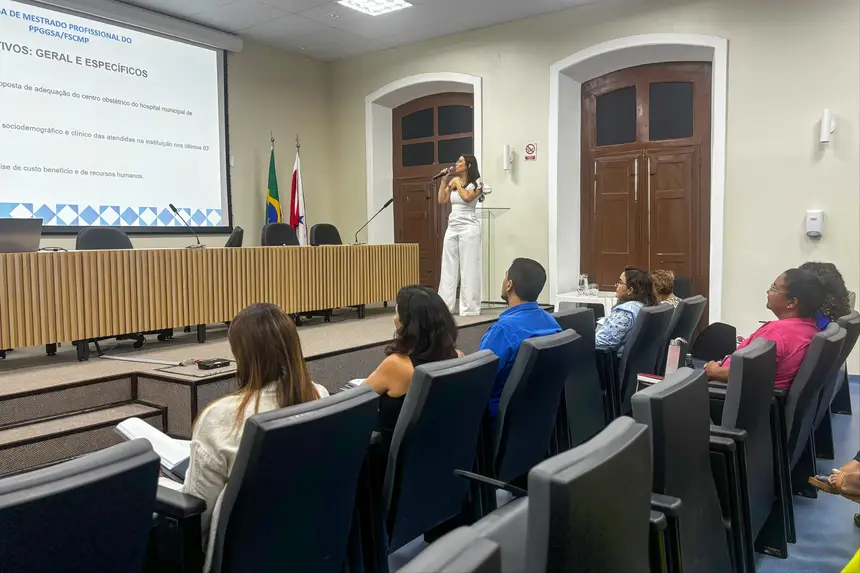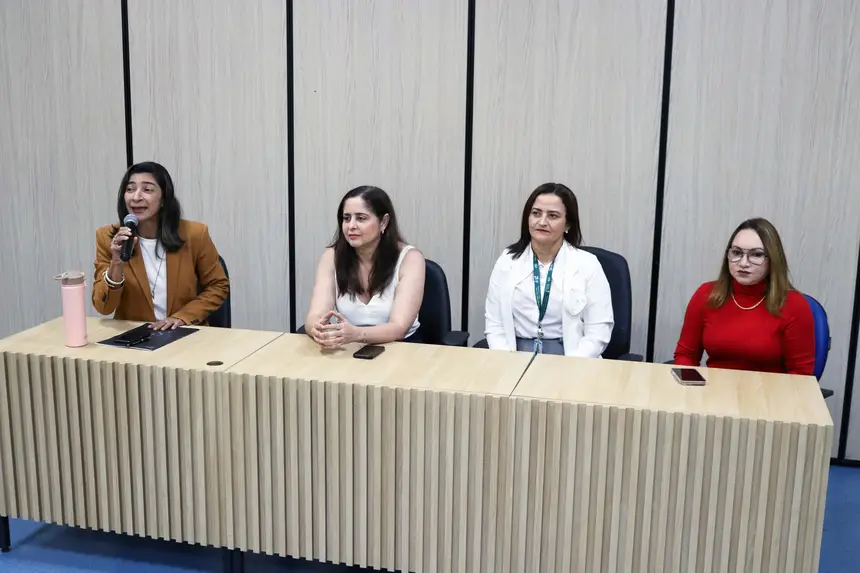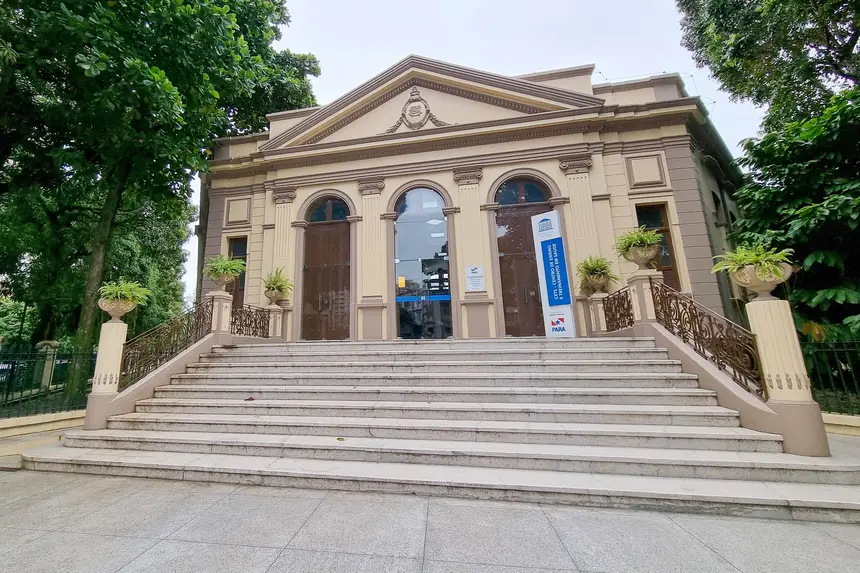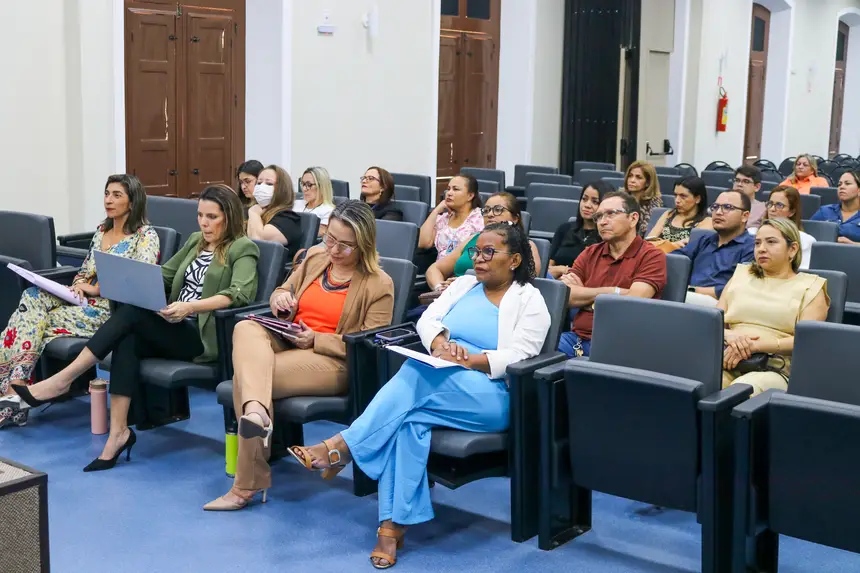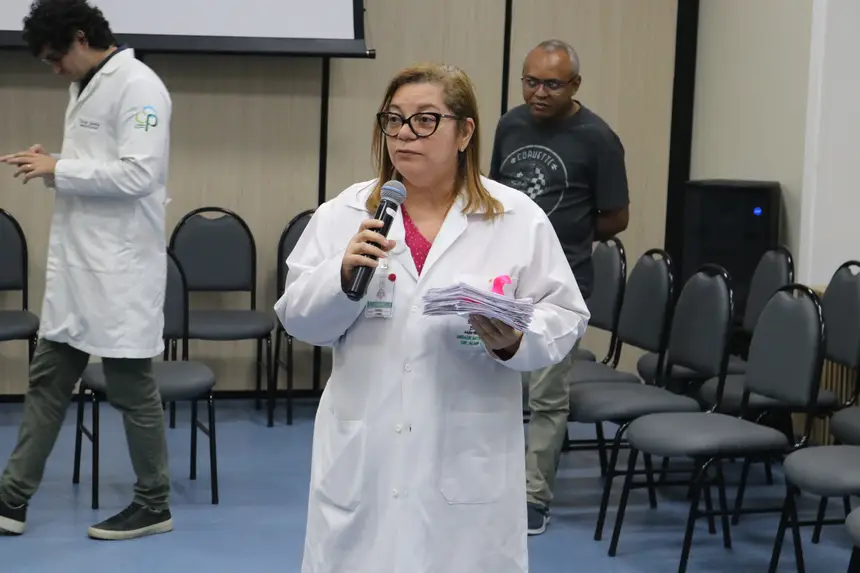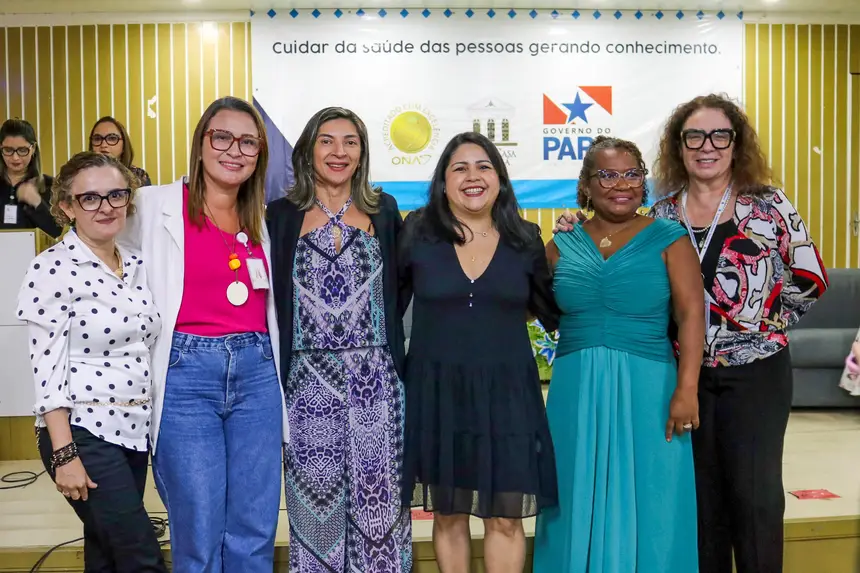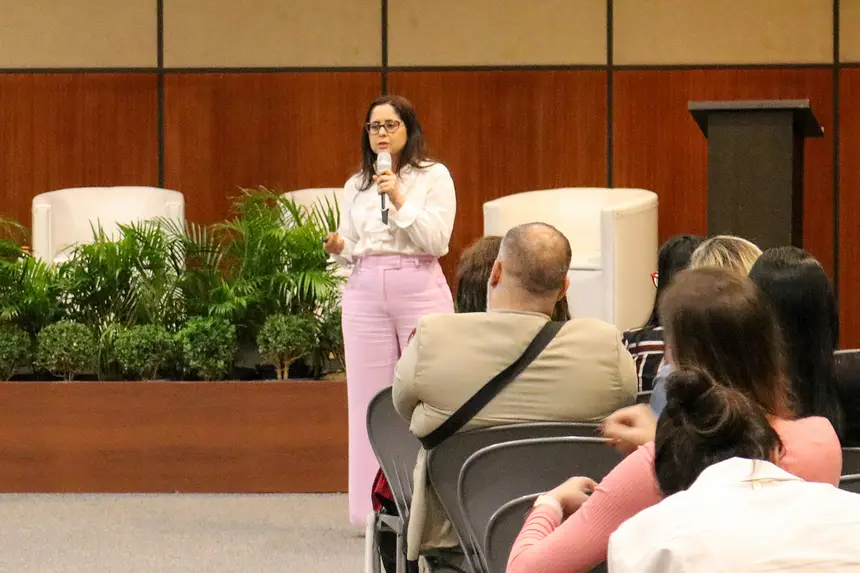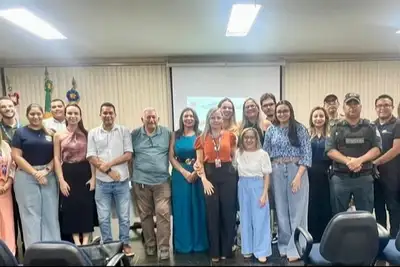Santa Casa begins selection process for Professional Master's in Management and Health
Professionals from all higher education backgrounds with employment ties in the health sector can apply until September 1st.
The Santa Casa de Misericórdia do Pará Foundation (FSCMPA) has published a notice for the selection process for admission to the Graduate Program in Management and Health in the Amazon (PPGGSA), at the Professional Master's level. The complete notice is available online at access here.
Professionals from all higher education backgrounds who can prove employment ties in the health sector may apply. There will be 12 vacancies available, with six (06) spots reserved for employees belonging to the effective staff of FSCMPA and six (06) spots for open competition. Applications can be made online until September 1st at the electronic address https://santacasa.selecao.net.br/.
Course Coordinator Valéria dos Santos emphasizes that the Graduate Program in Management and Health in the Amazon at the Santa Casa Foundation of Pará has been approved by Capes (Coordination for the Improvement of Higher Education Personnel) since 2012. “The course plays an essential role in strengthening the health system in our Amazon region, focusing on teaching, research, and extension aimed at both health management and assistance.”
“We have an open notice for the selection of new students for the 2025 class, offering a unique opportunity for professionals committed to transforming public health in the state of Pará and in the Amazon. The selection includes candidates who are both effective employees of Santa Casa and from the open competition. Those interested in acting critically, proactively, and committedly should check our notice and apply for our vacancies. This selection for the master's program strengthens our commitment to the SUS and sustainable regional development,” informed Valéria dos Santos.
Qualification in Education - The Santa Casa Foundation has been fundamental in training professionals in the health field over the past few years. In addition to being a hospital, it is a school that enhances professionals for the job market. Erica Cavalcante, director of Teaching, Research, and Extension (DEPE), highlights that teaching and research are fundamental pillars for the development of a hospital, as they significantly contribute to improving the quality of health services, innovation in treatments, and continuous improvement of professionals.
“Teaching and research are part of our institution's mission, which is to care for people by generating knowledge. We have received great support from the current management of Santa Casa, as well as from the State Government for the advancement of teaching and research in the institution.” Erica Cavalcante emphasizes that hospitals with teaching and research programs tend to attract highly qualified professionals interested in academic development. “These environments promote continuous training, making the team better prepared to deal with the various complexities of clinical cases,” points out the manager.
Vanda Marvão, a nutritionist at Santa Casa, who completed her professional master's degree at the institution, reports that her learning reinforces better training to care for patients and also to train other professionals, in addition to providing higher quality service to users.
“This qualification allowed me to continue in the academic career, considering that I was able to enter the doctorate program at the National Institute of Quality Control in Health (INCQS) of the Oswaldo Cruz Foundation (FIOCRUZ), where I completed my doctorate. I emphasize that my advisors were from FIOCRUZ and the Master's program at Santa Casa.” Now Dr. Vanda Marvão also highlights that the master's program, being professional, is important because it leaves a legacy that will contribute to improving work processes. This could be a protocol, an application, software, etc.
The director of the Technical Assistance area of the Santa Casa Foundation, Norma Assunção, believes that the broad training offered by the institution contributes to health assistance for the hospital itself and for society as a whole, during and after the specializations.
“Training these people is truly delivering qualified professionals to society for serving our population and also enabling these individuals to potentially become professionals in our institution, being welcomed by the institution that trained them. So Santa Casa can be training our next professionals and possible managers, ensuring the population a dignified, qualified, and safe health assistance,” says the director.


